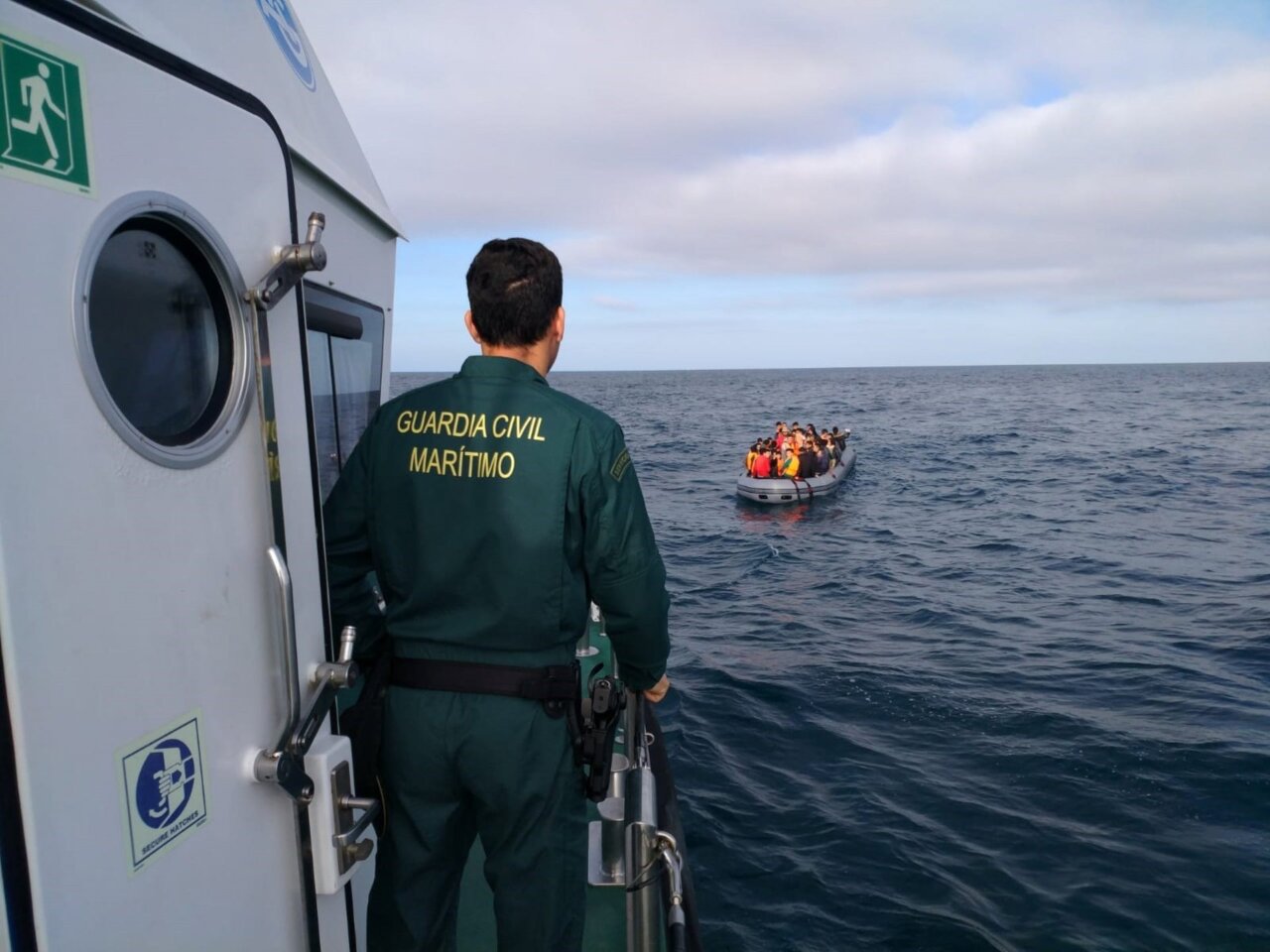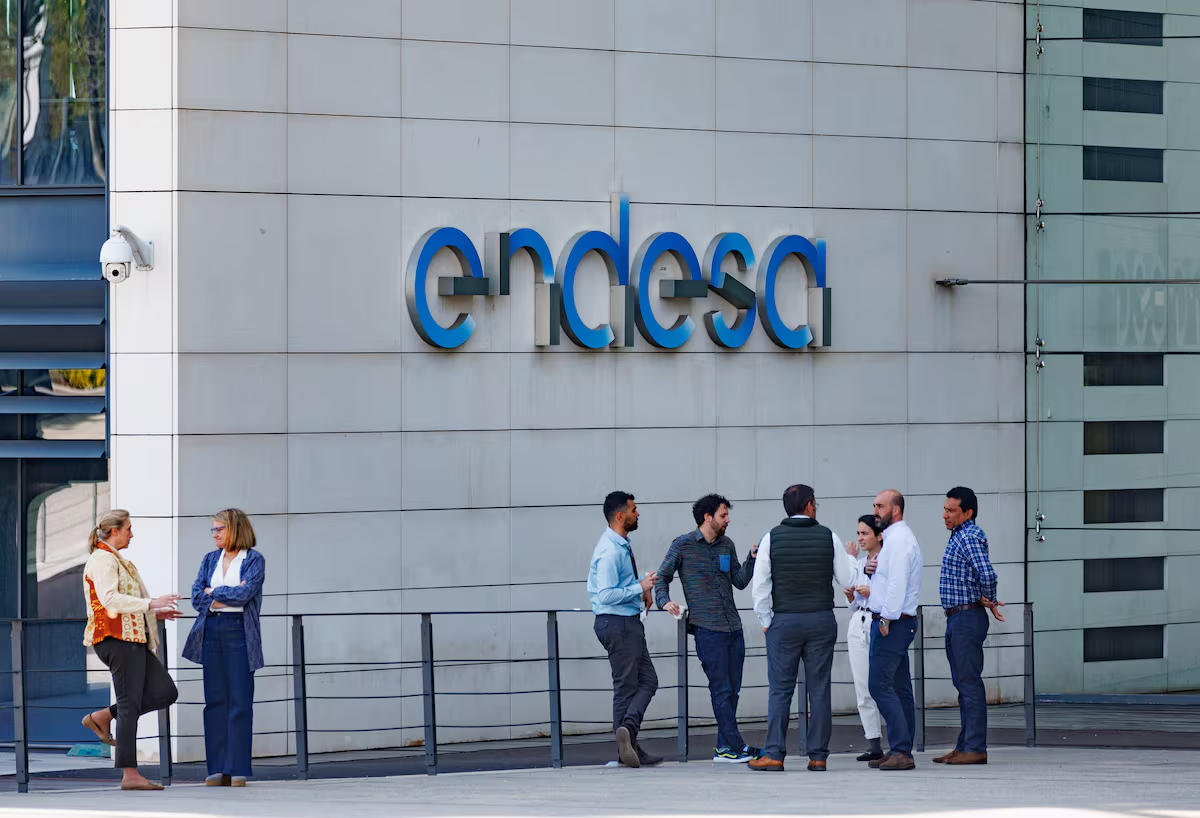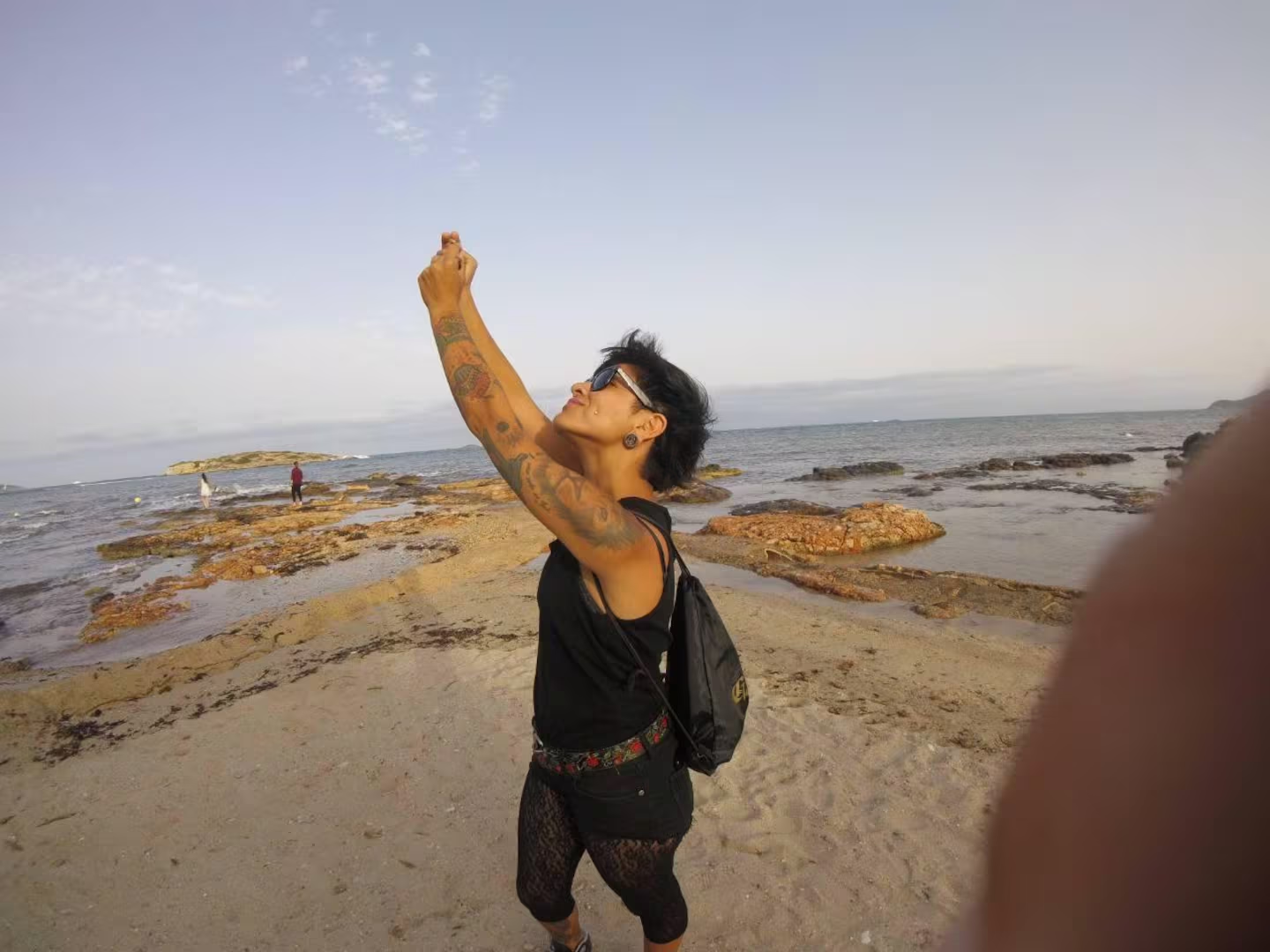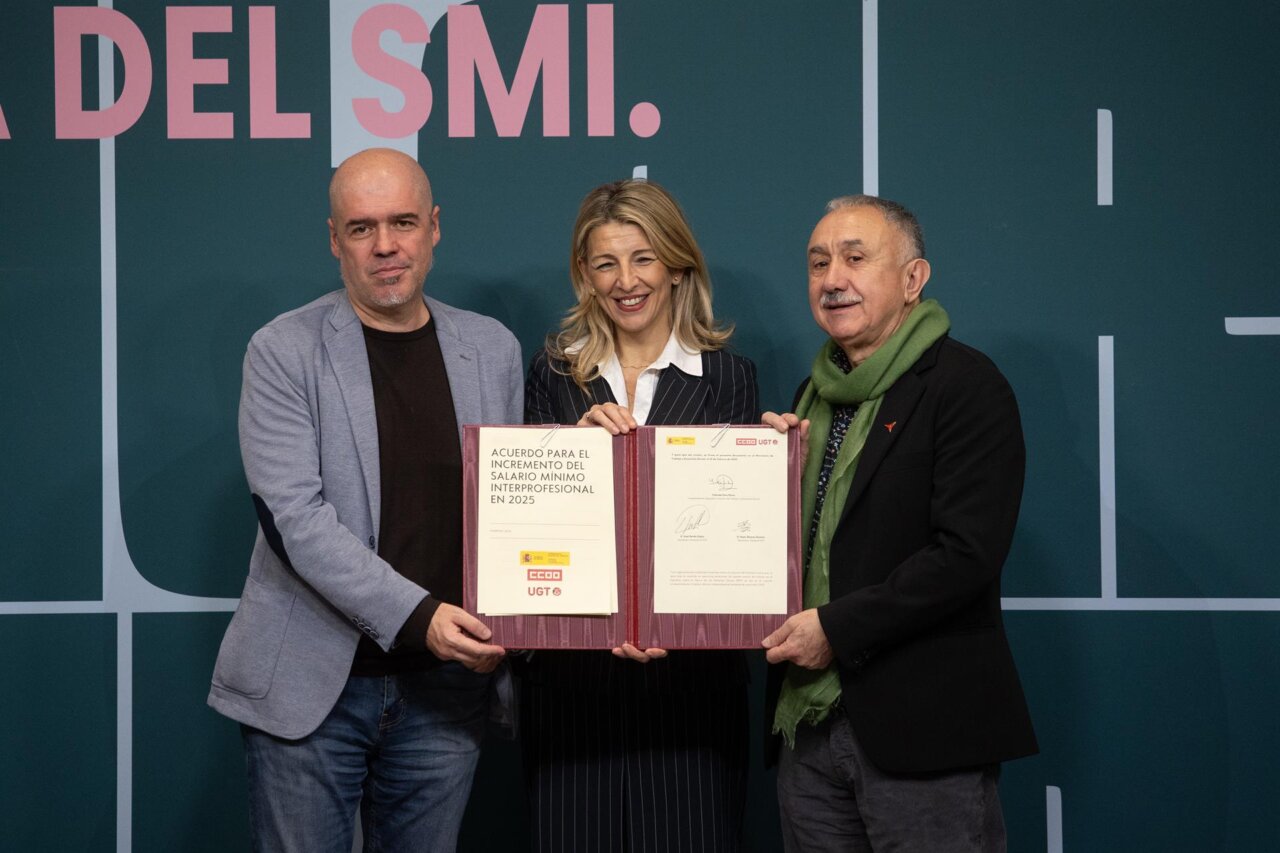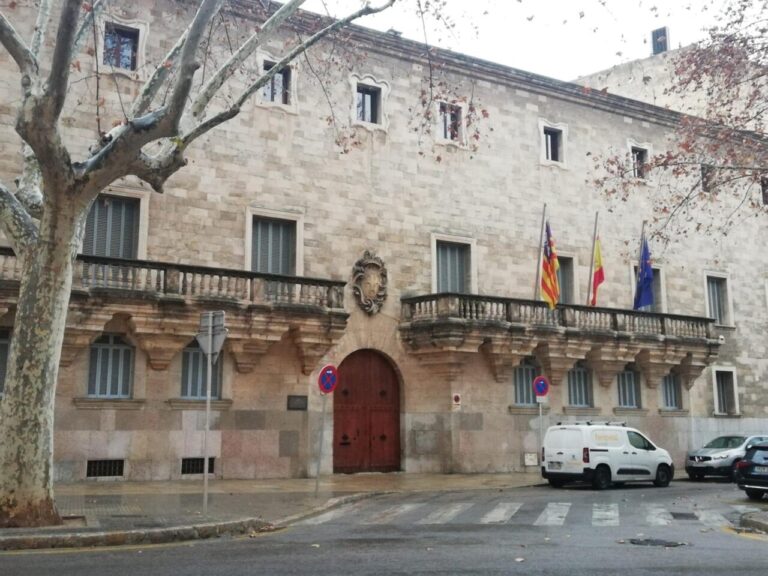CCOO has warned this Wednesday of the “lack of means” in Maritime Rescue to face the growing migratory flow between Algeria and the Balearic Islands, a route that has already left more than 6,500 arrivals in precarious boats so far this year. The union demands more resources, renewal of the fleet and reinforcements of personnel to operate in the search and rescue area (SAR), the largest in the Spanish Mediterranean.
-
New arrival of migrants in Formentera: 26 people rescued half a mile off the island
-
Camps for immigrants in the ports of Ibiza and Formentera are set up amid a new wave of pateras (small boats)
According to CCOO, the state direction of Maritime Rescue, located in Madrid, “maintains a distant position before a structural problem” and would be “obsessed with invisibilizing” the work of the agency itself. The union points out that this situation is aggravated by the consolidation of the Algeria-Balearic Islands route, a route that has become one of the gateways to Europe for those fleeing in boats without means of navigation or security.
As La Voz de Ibiza has already reported on other occasions, the migratory pressure in the islands’ waters has intensified during 2025.
They demand reinforcements and modernization of the fleet.
CCOO calls for an increase in material and human resources to ensure coordination from the Maritime Rescue Center of Palma, responsible for a “diamond” shaped area that covers the entire Balearic archipelago. The organization insists on the need to renew the Salvamar units, which together with the Guardamar carry out 90% of the rescues in Spanish waters.
“The lack of means leads to excessive working hours that exceed legal limits, fatigues crews and reduces their response capacity,” the union denounces.
SAR three times the size of the Spanish territory
The Spanish SAR area covers 1.5 million km², which is three times the country’s land area. In this area, vessels arriving in the Balearic Islands carry an average of 20 people, which increases the number of warnings and reduces the rest periods of the teams.
Added to this is the boom in nautical tourism, which generates a high concentration of recreational boats in summer and makes the archipelago the area with more rescue operations coordinated from Palma.
Migration as a structural phenomenon
The union points out that migration by sea “involves serious dangers”, especially in overcrowded and unsafe boats, often controlled by mafias. So far this year, more than 350 boats from Algeria have arrived in the Balearic Islands.
CCOO stresses that the situation is not cyclical, but structural, and calls for firm commitments from EU Member States, as well as improvements in the working, physical and mental health conditions of rescue personnel.

